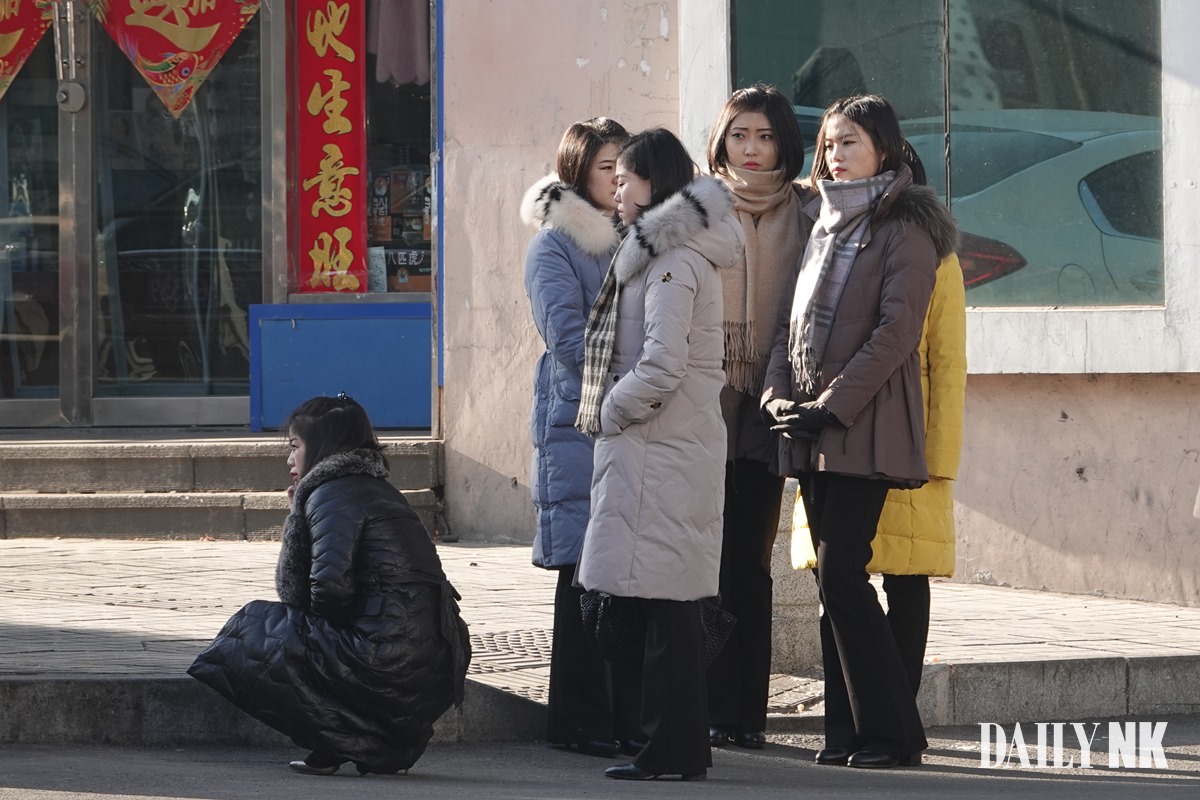
On the heels of Kim Jong Un’s summit with Vladimir Putin, the number of North Korean laborers being dispatched to Russia appears to be increasing, according to sources close to North Korean affairs in Russia and China.
“The number of North Korean laborers in Vladivistok and Khabarovsk has been recently increasing. The influx of North Korean female workers is especially conspicuous. The women usually work at textile or seafood processing factories and the men usually work on construction projects,” a source close to North Korean affairs in Russia told Daily NK.
A lawmaker told Interfax News agency on April 16 that North Korean officials requested Russia continue to employ the country’s overseas workers despite sanctions stipulating their repatriation by the end of 2019.
China and Russia recently submitted reports to the UN North Korean Security Council sanctions stating that they had sent home more than half of their respective North Korean contract workforces.
However, a source in China with ties to North Korea said, “Recently I spotted a group of North Korean contract workers heading from Sinuiju via Dandong to their final destination in Moscow.”
“I don’t know why they transferred in Dandong if they’re going to Moscow, but they were all previously on Chinese work visas, sent back, and are now headed to Russia,” he said, noting that this would be a violation of sanctions, which prohibit new working visas for North Korean citizens.
Despite the sanctions, it is likely North Korea is exploiting loopholes in order to send workers to Russia, just as it has done in the past in China.
“North Korea often dispatches workers deceptively classified as students or workers with admissible technical qualifications,” a separate source in China reported.
Oh Gyeong Seob of the Korea Institute for National Unification (KINU) said that North Korean contract workers may also be engaging in illegal work after entering the country on travel visas.
“This has been a tried and true method used by the North Korean authorities to send its workers to China and seems to be the same tactic at play with the Russia influx, as they can’t officially accept new North Korean contract labor due to the sanctions. The situation certainly demands continued scrutiny of official figures,” the researcher added.
A North Korean source in charge of managing workers in China told Daily NK that “the drop in workers has caused significant setbacks for the North Korean government in terms of foreign currency revenue.”
There has been much speculation on the outcome of the recent North Korea-Russia summit, with some observers positing that contract labor and energy issues would have been among the topics on the agenda.
For his part, Oh argued that North Korea is looking for economic support and collaboration with Russia while searching for ways to get the UN sanctions lifted.
“That said,” he noted, “it will be difficult for Russia to overtly violate sanctions, but they may try to employ previously-used methods that are less obvious, like moving North Korean coal through the country for export to third-party nations.”




















